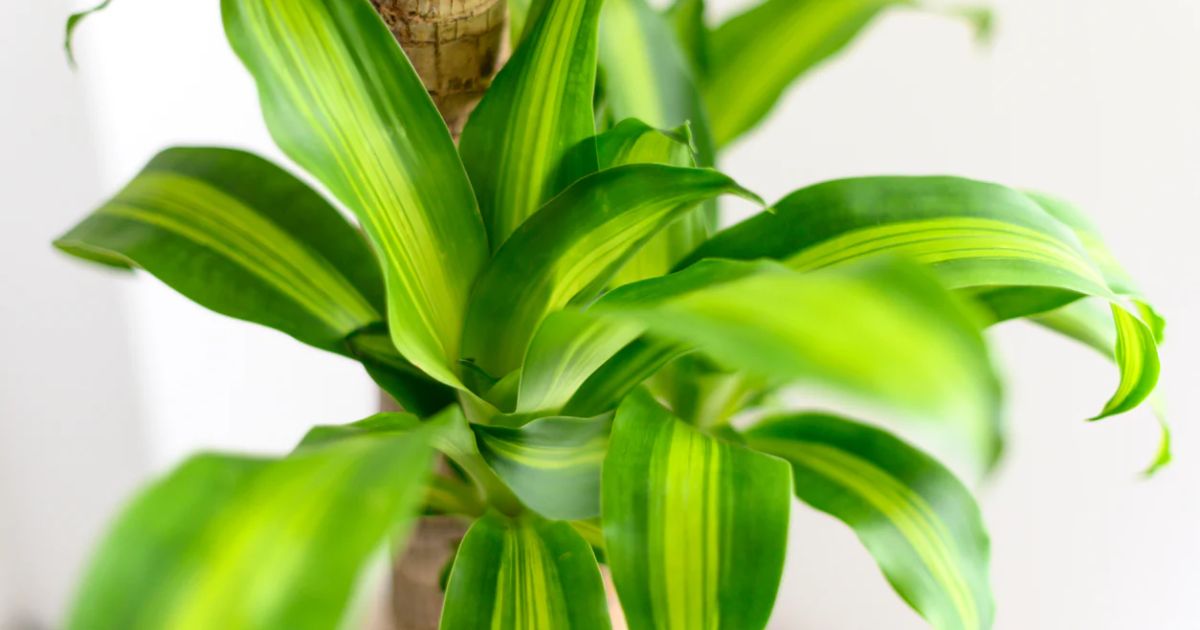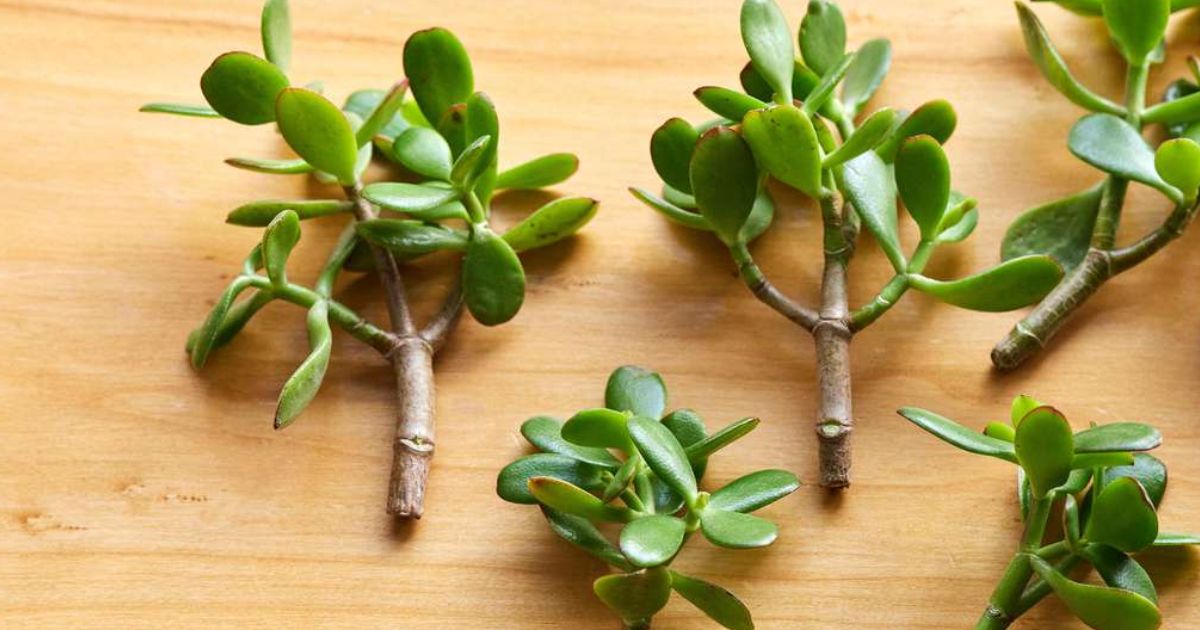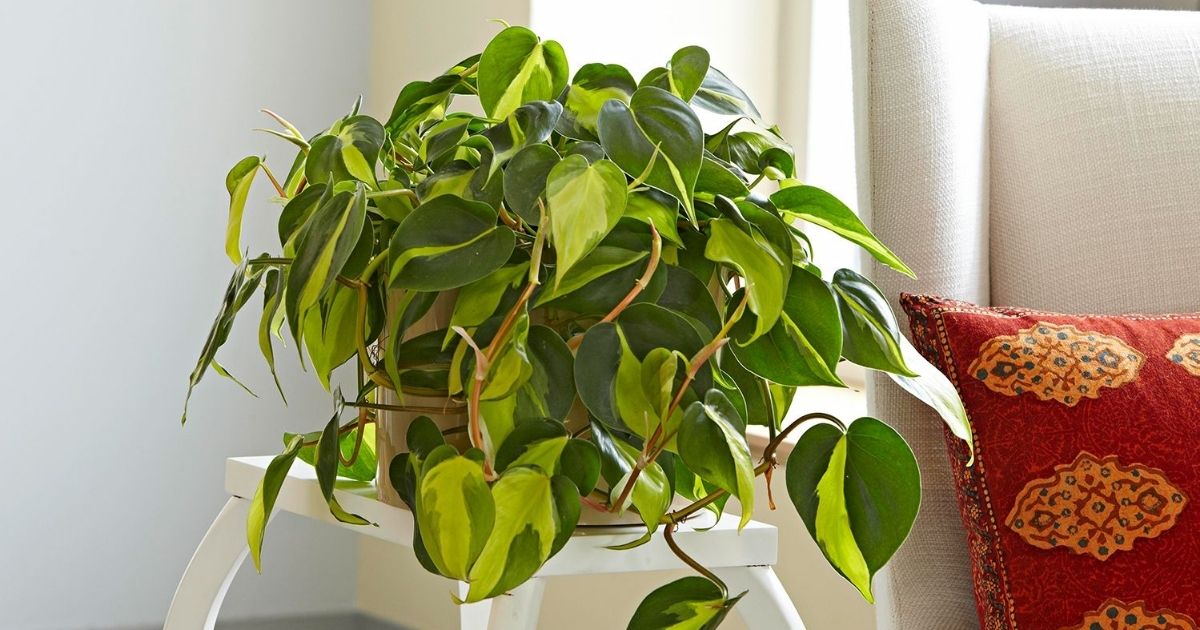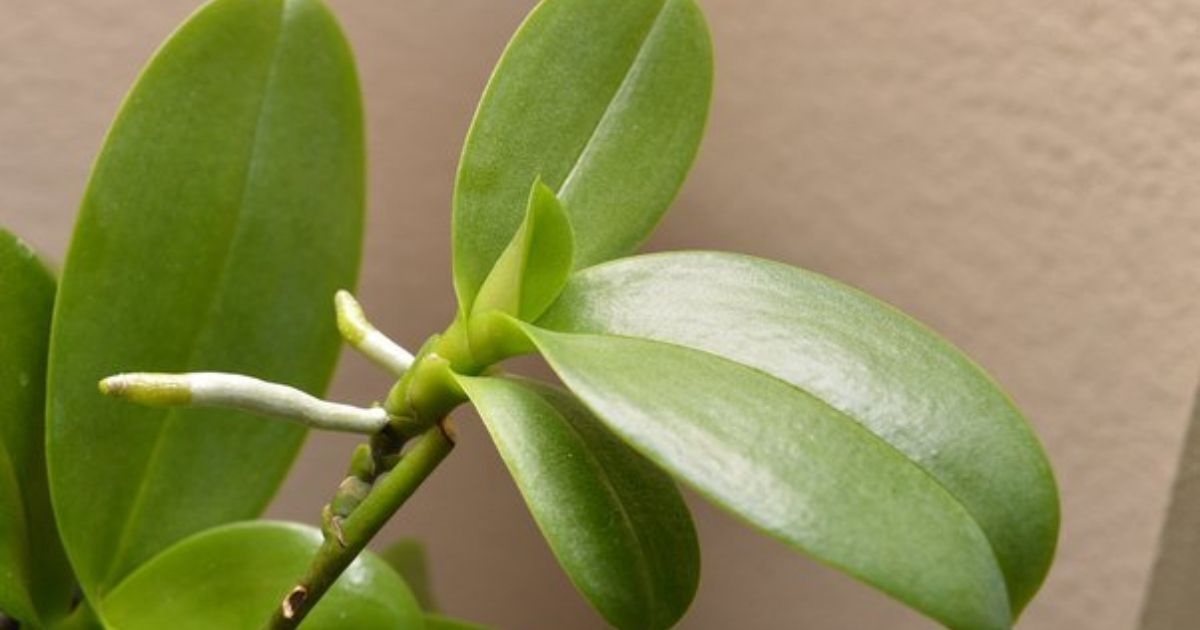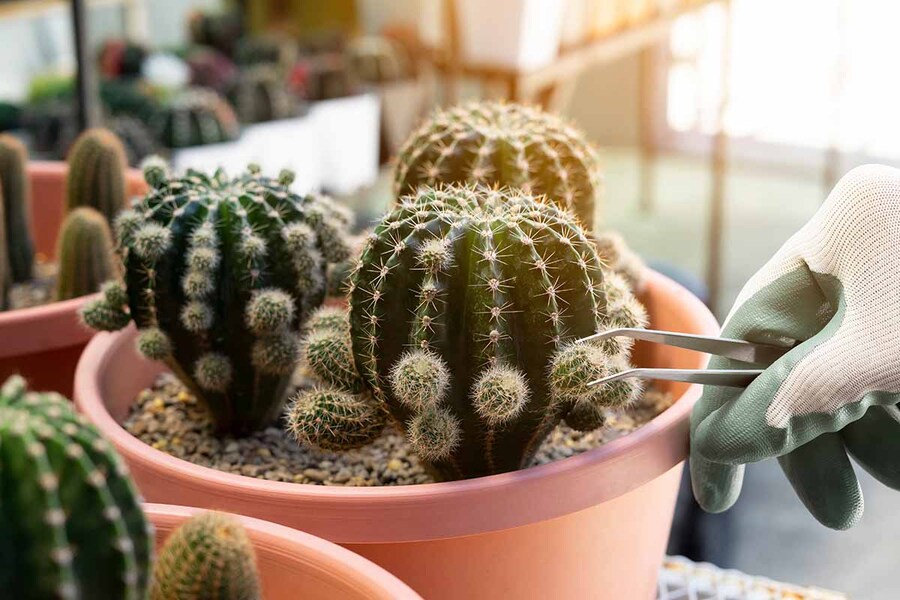CALCIUM & MAGNESIUM
CALCIUM & MAGNESIUM
Calcium and magnesium are essential micronutrients that play important roles in the growth and development of indoor hydroponic crops. When plants become calcium deficient, they can suffer from stunted growth, weak stems, and deformities in their new growth. A magnesium deficiency can cause yellowing between the veins of the leaves, as well as reduced chlorophyll production and overall growth.
While it's true that not all deficiencies are caused by a lack of calcium and magnesium, they are still important to consider when diagnosing and addressing plant health issues. In fact, it's important to accurately identify the specific nutrient deficiency a plant is experiencing, rather than just blindly administering calcium and magnesium supplements.
Calcium is an essential micronutrient that plays a vital role in the growth and development of plants. It's involved in various processes such as cell division, cell expansion, and the formation of cell walls. Calcium is also necessary for the transport of other nutrients within the plant and is involved in the regulation of enzyme activity.
A deficiency in calcium can lead to a range of problems in indoor hydroponic crops, including stunted growth, weak stems, and deformities in new growth. These symptoms may be more pronounced in the younger, more actively growing parts of the plant. A calcium deficiency can also cause the tip of the roots to die off, leading to reduced uptake of water and nutrients.
To prevent a calcium deficiency, it's important to ensure that the nutrient solution being used contains an adequate amount of calcium. It's also a good idea to monitor the pH of the nutrient solution, as a pH that is too low or too high can make it difficult for the plant to absorb calcium.
Magnesium is another essential micronutrient that plays a key role in plant growth. It's involved in the synthesis of chlorophyll, which is necessary for photosynthesis, and is also necessary for the activation of various enzymes.
A deficiency in magnesium can cause yellowing between the veins of the leaves, as well as reduced chlorophyll production and overall growth. The leaves may also become smaller and thinner than normal. A magnesium deficiency can be caused by a number of factors, including an inadequate supply of magnesium in the nutrient solution, a pH that is too high or too low, or a high levels of calcium in the solution, which can interfere with the absorption of magnesium.
To prevent a magnesium deficiency, it's important to ensure that the nutrient solution being used contains an adequate amount of magnesium. It's also important to maintain the proper pH range for the plants being grown, as this can affect the availability of magnesium to the plant.
At Benchmark Hydroponics in Melbourne, Australia, we understand the chemical interactions that occur within plants and how different nutrients can affect their growth. That's why we formulate our own line of nutrient solutions, designed to provide plants with the precise balance of nutrients they need to thrive.
If you're experiencing problems with your indoor hydroponic crops and suspect a nutrient deficiency may be to blame, don't hesitate to reach out to us. Our team of experts can help diagnose the issue and provide targeted solutions to get your plants back on track. Remember, it's always best to properly identify the root cause of the problem and address it accordingly, rather than just resorting to generic solutions. Trust us to help you achieve the best results for your indoor hydroponic crops.
